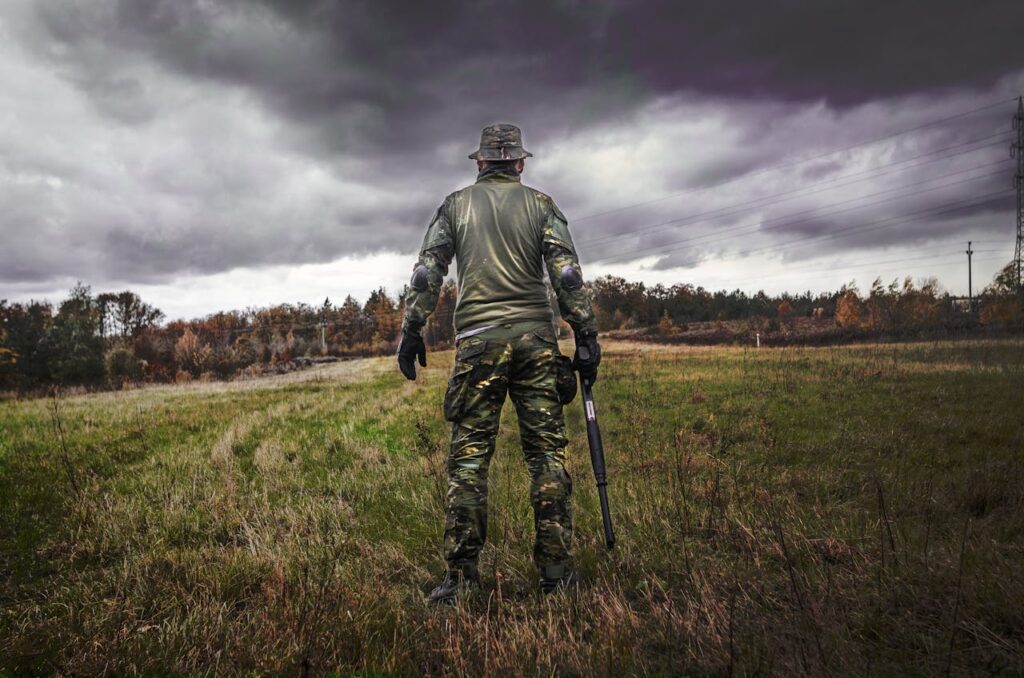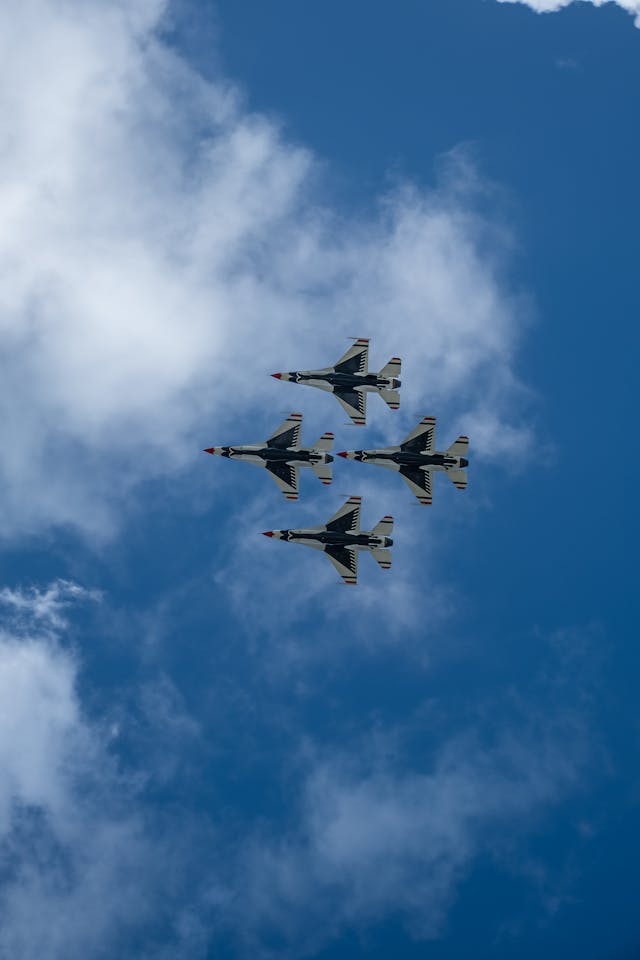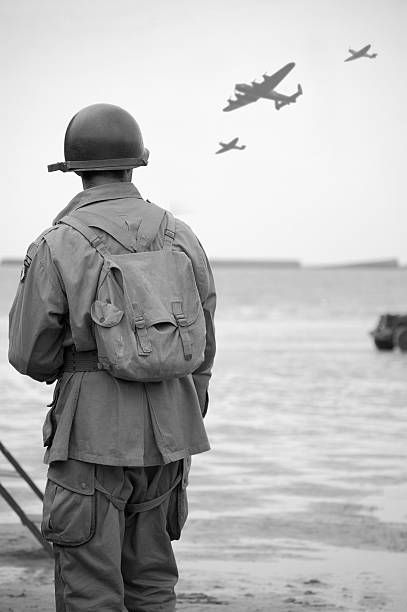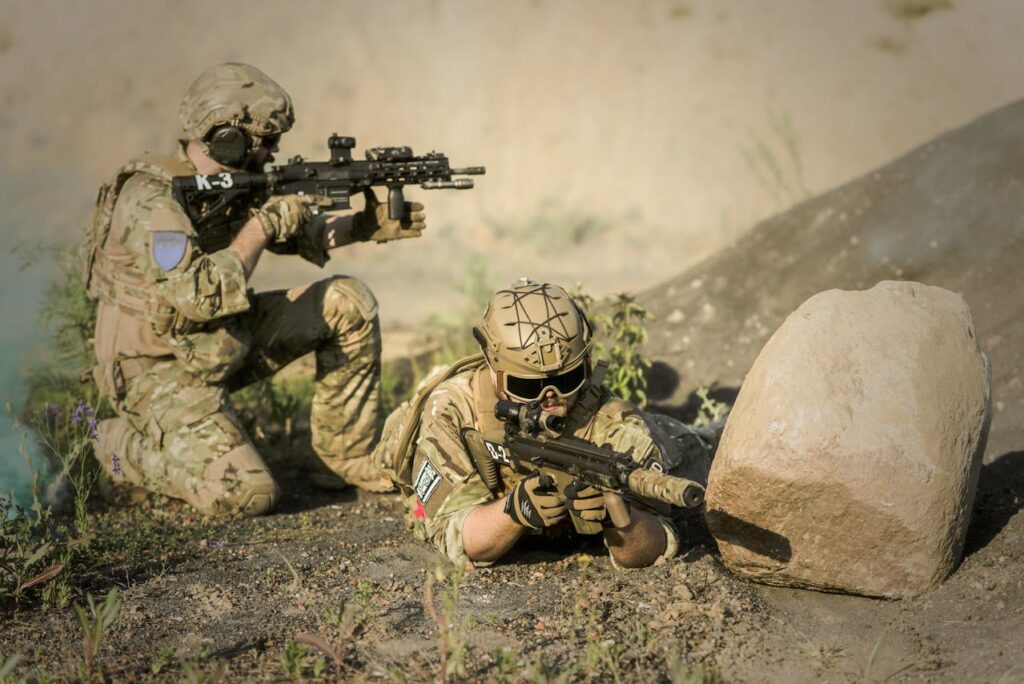How much do you know about the World War 2 planes? Don’t worry; we have everything you need about them in one place! When people look back on history, the Second World War is one of those important moments, and it existed at the very heart of this global conflict. The planes flew high in the sky, and the fields where the aircraft met their doom hold profound historical significance. It’s time for takeoff! Follow us and discover the most important World War 2 planes.
Table of Contents
The Legends of the Sky: Iconic World War 2 Planes

Spitfire: The British Bulldog
Renowned in the history of aircraft engineering, few designs embody the ‘stuff of legends’ imprint as strongly as the Spitfire. This compact propeller-driven fighter epitomized the ‘Blitz spirit’ of Britain during the Second World War. It later was associated with the Royal Air Force’s defeat of the German Luftwaffe in the Battle of Britain. While lacking a tail, having an elliptical wings shape, and being powered by a Rolls-Royce Merlin engine, the Spitfire could threaten the German fighters. Because of its tenacity during the battles, it was nicknamed “The British Bulldog.”
Messerschmitt Bf 109: The Backbone of the Luftwaffe
Known as the primary fighter aircraft for the German Luftwaffe during WW 2, the Messerschmitt Bf 109 remained the backbone of aerial combat. Considered one of the fastest, highly maneuverable, and formidable armaments at the beginning of the war, the Bf 109 was a terror to the Allied pilots. Its swift and deadly features predict its role as the complex, hard-working horse of the Luftwaffe, which dominated the European airspace until the last stretches of the conflict.
P-51 Mustang: The American Ace
This aircraft also has a Packard Merlin engine fitted and has one of the smoothest-looking curves of all the planes in service during the Second World War. Originally developed to accompany the Allied bombers on hi-lo, strategic strikes deep into the adversary’s territory, the Mustang was soon credited for its high speed, large combat radius, and deadly efficiency. With six .50 caliber machine guns and equipped for speeds over 400 miles per hour, the P-51 was known to be appreciated among the pilots of the Allied forces, giving it the accolade of “ The American Ace” for its dogfighting prowess.
Zero: The Samurai’s Sword
The Mitsubishi A6M Zero was Japan’s leading naval aircraft devoted to the country’s martial spirit during World War 2. It is considered one of the most deadly Japanese aircraft of WWII due to its ability to maneuver smoothly and carry very effective technology for long-range attacks. Zero was also termed ‘The Samurai’s Sword’ due to its lightweight structure and commendable mobility, representing the Japanese martial might in the airfield.
Lancaster: The Heavy Bomber
As the primary aircraft for Britain’s bomber command during World War II, the Avro Lancaster was the weapon of choice in the Allies’ bombing campaigns against Germany. Featuring the colossal bomb bay, such stable design, and excellent operational range, Lancaster became more associated with the ruin of enemy cities during the nighttime bombing operations. Nevertheless, on the flights in the deep enemy territory, the Lancaster crew showed great bravery and a lot of desire to complete their mission. They deserved to be called the great heroes of the night sky.
B-17 Flying Fortress: The Symbol of American Air Power
Allied to the teeth with machine guns and built fairly rugged to take plenty of punishment in return, the Boeing B-17 Flying Fortress is the quintessential symbol of American air might in the Second World War. Intended to deliver high-altitude bombardment missions during daylight over the European Theater, the Flying Fortress was a fighting machine that unleashed tremendous firepower and was virtually built to crash. Even though the losses were high, B-17 crews could be considered examples of the finest bravery with unconditional adherence to their purpose.
The Battlefields of Valor: Echoes of Conflict

Normandy: D-Day and the Liberation of Europe
In June 1944, on the coast of Normandy, France, the Allied forces initiated the most excellent seaborne attack ever undertaken in history, and this acted as the beginning of the decline of Nazi Germany’s control in Europe. Known as Operation Overlord, D-Day involved thousands of Allied forces that flooded the five French beaches in one of the deadliest invasions that involved storming the beaches alone under the fires of the enemy. The APA citation format concluded that overwhelmed by stiff resistance, the Allied soldiers pushed forward, establishing what would become the start of the liberation of Western Europe from the Nazi’s grip.
Stalingrad: The Turning Point on the Eastern Front
Between December 1942 and February 1943, the battle took place in the city of Stalingrad in the Soviet Union, and this was one of the most brutal war battles in history. One of the key and deciding battles during the Second World War in Europe, the turning point of the Eastern Front was reached with the Battle of Stalingrad between the Red Army and the German Wehrmacht. In the Soviet Union, amidst some falling city ruins, the Red Army defeated German troops and thus stopped its further advances toward the East, marking the gradual decline of Hitler’s Third Reich in the East.
Pearl Harbor: A Day of Infamy
It is the morning of December 7, 1941, and Pearl Harbor of Hawaii is a calm, watered place in the United States until suddenly it becomes a place of calamity as Japanese bombers attack the United States Pacific Fleet. The surprise attack wiped out a third of America’s Pacific Fleet and took the lives of thousands of sailors and soldiers, bringing America into World War 2. It is worth remembering those fateful words of President Franklin D. Roosevelt as he addressed Congress on December 8, 1941, stating that “Yesterday, December 7th, 1941-a date which will live in infamy- the United States of America was suddenly and deliberately attacked…The attack yesterday on the Hawaiian Islands was calculated to produce a maximum of destruction and shock to our people.” These words helped to rally the nation to pursue
Midway: The Decisive Battle in the Pacific

In June 1942, the US Naval forces were in a critical battle against the Imperial Japanese Navies around Midway Island. The Japanese soldiers were vastly more numerous and better equipped than the Americans in this battle, yet American intelligence and courage ultimately dealt a crushing defeat to the Japanese fleet. The Battle of Midway was a crucial event in the Pacific War, which prevented Japan’s further expansion and eventually led to the Japanese forces’ counterstrike across the broad territories of the Pacific Ocean.
Battle of Britain: Defiance in the Skies
During the appositive summer—autumn of 1940, the sky above Britain was the stage of one of the most significant and historically crucial air battles of the Second World War. Exasperated by the Luftwaffe attacks, the British Royal Force was backed by allied air forces from around the world to counter several bombings. With great courage, talent, and hard work, the RAF persevered and decisively defeated Hitler, saving Britain and the world from fascism.
Guadalcanal: Jungle Warfare in the Pacific
In the summer of 1942 to the early part of 1943, the significant and bloody battle of Guadalcanal in the Solomon Islands took place, wherein the Allied forces fought the Imperial Japanese Army to control the crucial island. The entire battle content, which was fought over land, on water, and in the skies, determined the participants’ courage and stamina. Finally, the multitudinous allied forces stood for triumph rather than establishing crucial ground in the Pacific and planning future operations against Japan’s mainland.
Conclusion

As we take our flight through the fantastic world and walk through the historical lands, we should never forget the heroes who gave up their lives in the struggle of World War 2. The remains of these legendary World War 2 planes can still be seen flying nowadays. You can also hear the sound of current battlefields. We must recall these experiences so that they may become valuable lessons for future generations, which will help us live in harmony.





